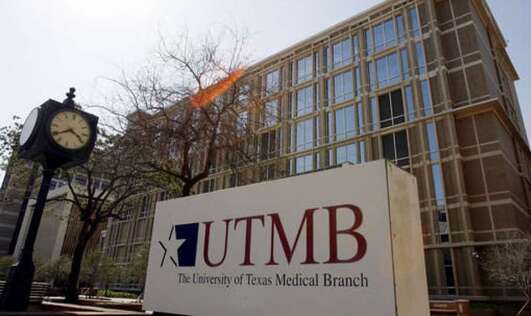Feds probe University of Texas System links to Chinese lab scrutinized over coronavirus

AUSTIN, Texas -- The U.S. Department of Education has launched an investigation into links between the University of Texas System and a Chinese laboratory in Wuhan that has been scrutinized as a potential source of the worldwide coronavirus pandemic, The Wall Street Journal reported on Saturday.
The Journal said the probe is part of a broader Education Department examination into possible faulty financial disclosures involving foreign entities by the Texas university system. In particular, department officials have cast doubt on whether the UT System has fully reported its relationship with several Chinese entities including the ruling Chinese Communist Party.
Among other things, U.S. officials are seeking records related to UT's dealings with the Chinese government-run Wuhan Institute of Virology and its researcher Shi Zhengli, known for her work on bats, The Journal indicated.
The federal agency's lawyers, in a letter sent to UT chancellor James Milliken, specifically seek details on interactions between the Galveston National Laboratory, a high-security infectious disease research facility operated by UT's medical branch, and the maximum biocontainment lab at the Wuhan Institute.
A 2018 Science Magazine article featured on the UT Medical Branch website touts the two labs having "formal cooperative agreements that will streamline future scientific and operational collaborations on dangerous pathogens."
The U.S. intelligence community has been looking into whether the deadly novel coronavirus originated in the Wuhan lab. President Donald Trump this past week had claimed to have seen evidence that the Wuhan lab was involved in the virus' spread.
A UT System official told The Journal that the system intended to reply to the federal request “in a timely manner and declined to provide information about any potential links to the entities mentioned in the [Education Department] letter.”
A UT spokesperson on Saturday responded to media requests for comment on The Journal's report by saying that the UT system would "continue to respond to any request from state and federal authorities, should they arise."
UT's medical branch has "collaborated with more than 70 countries and with scientists from the U.S. and abroad on biosafety and biosecurity" and "complies with obligations to report fiduciary relationships as required by statute," the spokesman's statement said.
